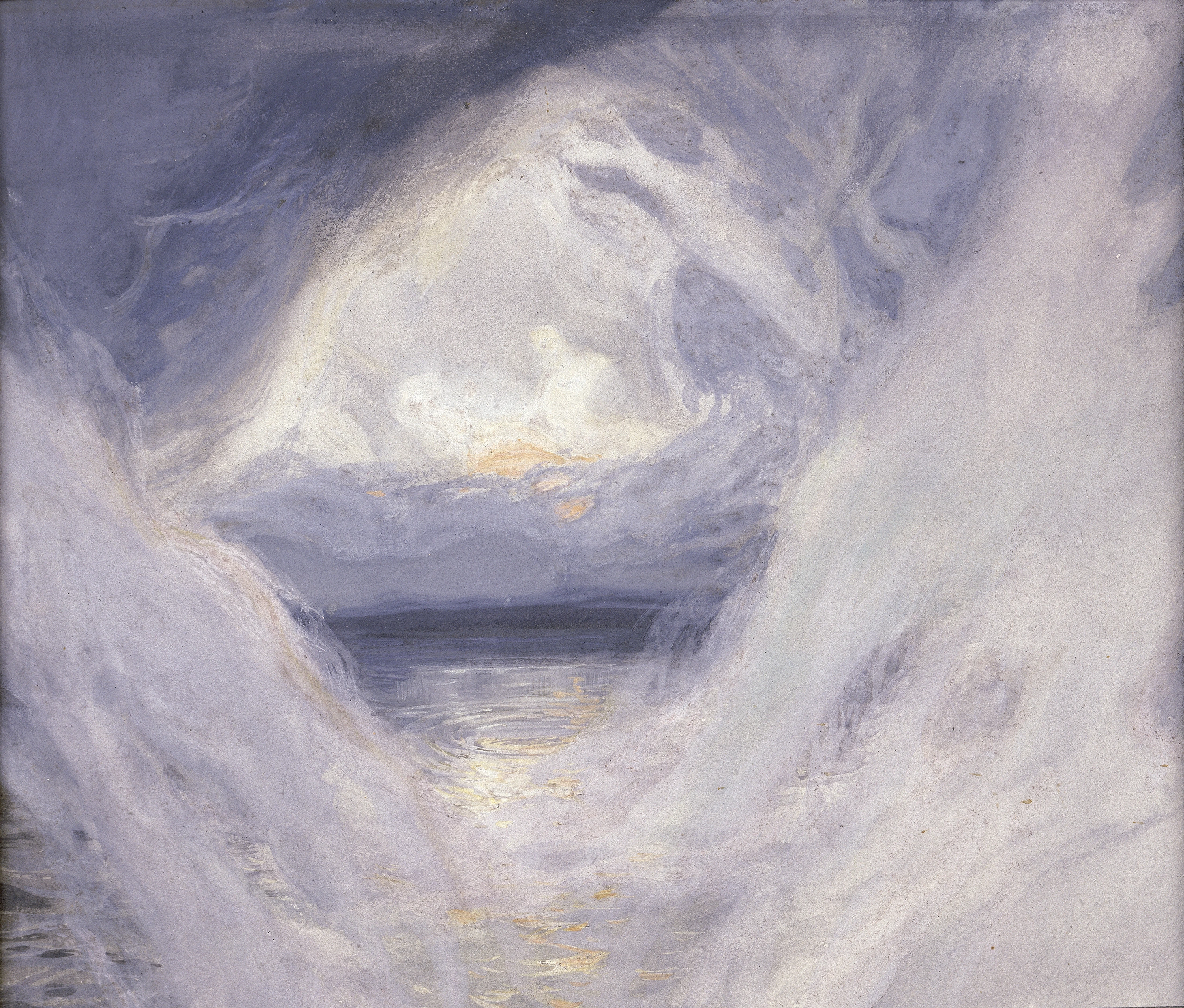The Work of Creation

Last week, we considered the decrees of God, his eternal plans for all things. Now we come to a natural follow-up:
Q. 8. How doth God execute his decrees?
A. God executeth his decrees in the works of creation and providence.
These two things, creation and providence, are distinct ways that God works, so the Catechism treats them separately. One way to think about it is that God starts things off in creation so that things move forward according to their natural processes. But in providence, God intervenes in the world to ensure that all things finish where they’re supposed to. Let’s start by looking at creation in detail.
Q.9. What is the work of creation?
A. The work of creation is God’s making all things of nothing, by the word of his power, in the space of six days, and all very good.
There are five propositions here. First, God made all things. In popular evolutionary theory, “things” (like trees and bird and us) were not distinctly made. Those who hold to this theory say that all life has a common biological ancestor. But Christians cannot affirm this for a variety of reasons. In Genesis 1, we see God making things “according to their kinds.” God created a plethora of distinct species, distinct things. The Bible is crystal clear on this:
“All things were made through him, and without him was not any thing made that was made.” (John 1:3)
“For by him all things were created, in heaven and on earth, visible and invisible, whether thrones or dominions or rulers or authorities–all things were created through him and for him.” (Col 1:16)
Second, God made all things of nothing. The fancy term you may have heard is ex nihilo. When you and I make things, we have to use pre-existing materials. If you’re going to build a house you need wood and concrete. That’s how the laws of physics work: matter cannot be created or destroyed. But God is not like us. He didn’t create out of some primordial goop; instead, he simply brings things into existence. In some ways, the fact that God made all things proves this immediately. If God made all things, he also made the things that all things are made from!
Third, God created by the word of his power. Normally, when we make things, we use our hands. On occasion, we can make things with just our words (like speeches and marriages), but God is even beyond that. When we speak, words come out. But when God speaks, creation comes out. Even now, God is speaking through Christ, “upholding the universe by the word of his power.” God’s word also brings about new creation. When we are saved, it is by the Word of God calling us and creating faith in us (but we’re getting ahead of ourselves there).
Fourth, God created in the space of six days. There is obviously much debate about this, but I believe (along with the vast majority of the church down through the ages) that we’re talking about six literal, twenty-four hour days. Of course, God didn’t have to do this, but he had a purpose. The pattern of six days of work and one day of rest is built into creation for the good of man. As Jesus said, the Sabbath is for man, not man for the Sabbath. In God’s creation in six days, we already see God’s heart of love toward his creation in giving us rest. If you deny that God created in six days, you deny the basis for God’s gift of Sabbath.
Finally, God created all very good. In talking about creation, we can’t forget about God’s decrees. God’s work in all things is for his glory and our joy. Sin may mar the creation now, but it wasn’t that way from the start, and it won’t be that way in the end. That means that we can affirm the goodness of creation, even while sin reigns. Just as an artist’s painting is still good art despite years of wear and tear, God’s creation is still good while it awaits the day of restoration.
This reminds us that creation is going somewhere, just as we are. As the Apostle Paul says:
“For the creation was subjected to futility, not willingly, but because of him who subjected it, in hope that the creation itself will be set free from its bondage to corruption and obtain the freedom of the glory of the children of God. For we know that the whole creation has been groaning together in the pains of childbirth until now. And not only the creation, but we ourselves, who have the firstfruits of the Spirit, groan inwardly as we wait eagerly for adoption as sons, the redemption of our bodies.” (Rom 8:20-23)
This Week’s New Song
This week, we’ll start learning a new song, Psalm 100. This version of Psalm 100 comes from the 1650 Scottish Psalter and is the most common setting of the Psalm is churches around the world, but especially in Presbyterian churches. Be sure to listen and get ready to sing!
Your friend in Christ,
Reid
